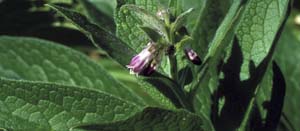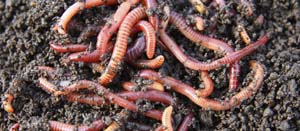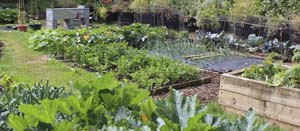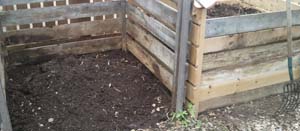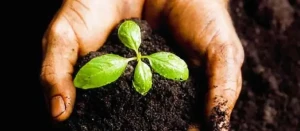SEARCH RESULTS > ARTICLES > Pests
Companion planting is a gardening practice where you strategically plant different types of crops near each other to take advantage of the potential benefits they can offer each other. This can include improving growth, deterring pests, enhancing flavor, and maximizing space. Here's why and how you can use companion planting in your garden. Learn More
Worms in your garden provide several benefits, making them valuable allies for gardeners and the overall ecosystem. Here are some of the advantages of having worms in your garden. Learn More
Setting up an edible garden can be a rewarding and sustainable way to grow your own food. Learn More
Permaculture is a holistic and sustainable approach to designing and managing human settlements, agriculture, and ecosystems. The term "permaculture" is derived from "permanent agriculture" and "permanent culture," reflecting its core principles of sustainability and harmonious living with nature. In this introduction, we'll explore the fundamental principles and practices of permaculture, emphasizing its potential to create resilient and regenerative systems for the benefit of both people and the planet. Learn More
Composting is a sustainable and eco-friendly way to recycle organic matter and create nutrient-rich soil for your garden. To help you get started, here's a guide to compost do's and don'ts. Learn More
Restoring soil health in your garden is essential for maintaining fertile and productive land. Here are 13 steps to help you improve and restore your garden soil Learn More
